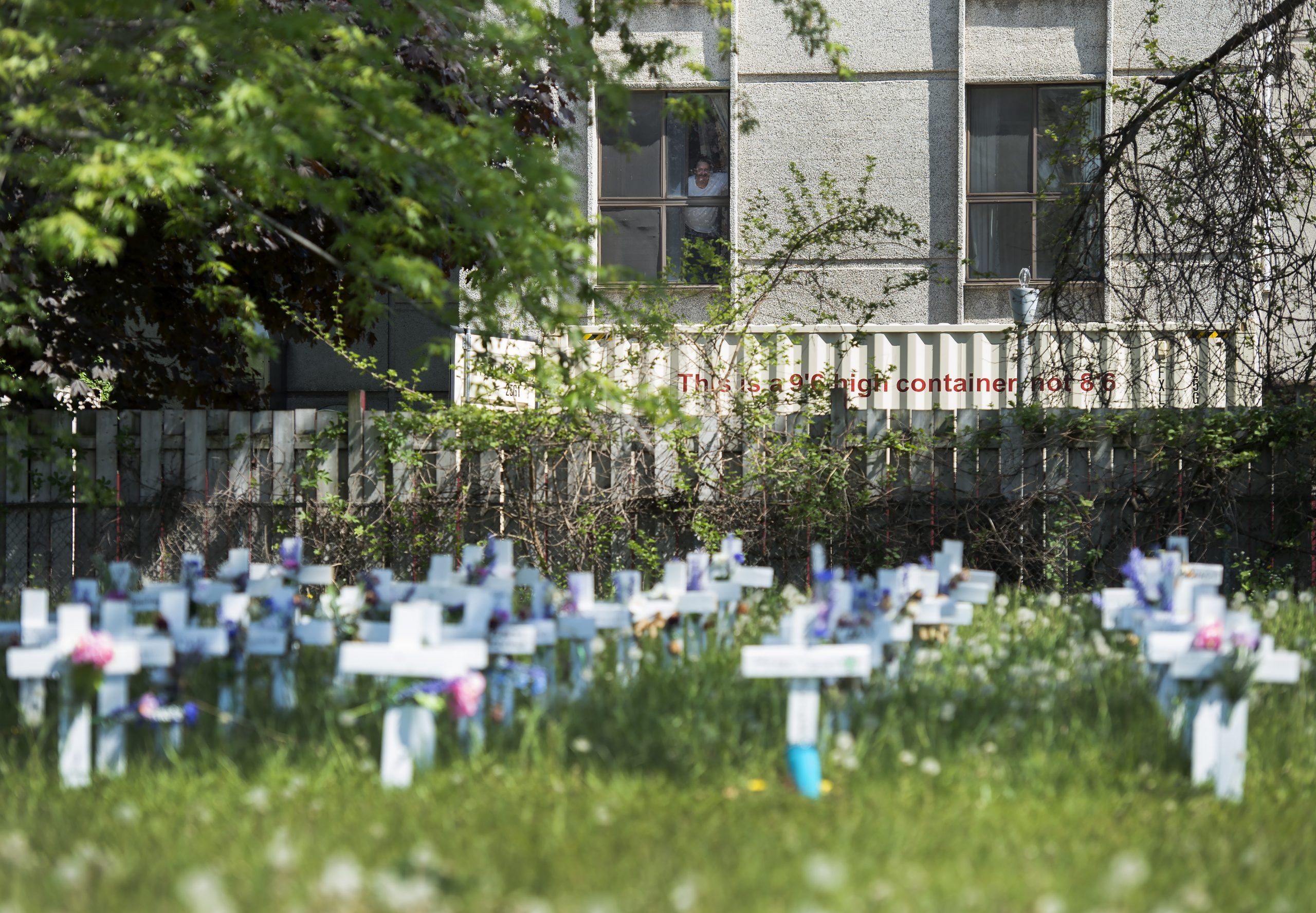but the responsibility doesn’t fall on loved ones or physicians to make important decisions about our care. “we have to become more accountable for what it is that we would like to have happen to us,” says gillespie.
she says the time to make these decisions known is when we’re healthy and clear-eyed, not when we’ve become incapacitated or been given a terminal diagnosis, because then there’s too much stress and confusion. and an advanced care plan is not only for the elderly.
“this should be part of life planning. it will give you comfort knowing that your family and loved ones know what you would like to have happen, and that someone has agreed to carry out your wishes,” she says. “[having] someone speak on your behalf to your medical team [gives them] clear focus and direction [so they’re] not running a bunch of tests that you would not want to have done.”
laws and rules around advance care plans differ in each province and territory, she says, and the chpca has
a section
on its site developed with the canadian bar association that distinguishes those differences.
advanced care planning is not a will
gillespie also stresses that advance care planning is not the same as a will or the other legal parts of estate planning, which is more about disposition of your property and possessions, as well as appointing guardianship of dependants.
arin klug, a former wills and estates lawyer and co-founder of toronto-based
epilogue wills
, which offers wills online, agrees there’s often confusion around the differences between wills, powers of attorney (poa), and advance care plans.
 5 minute read
5 minute read








